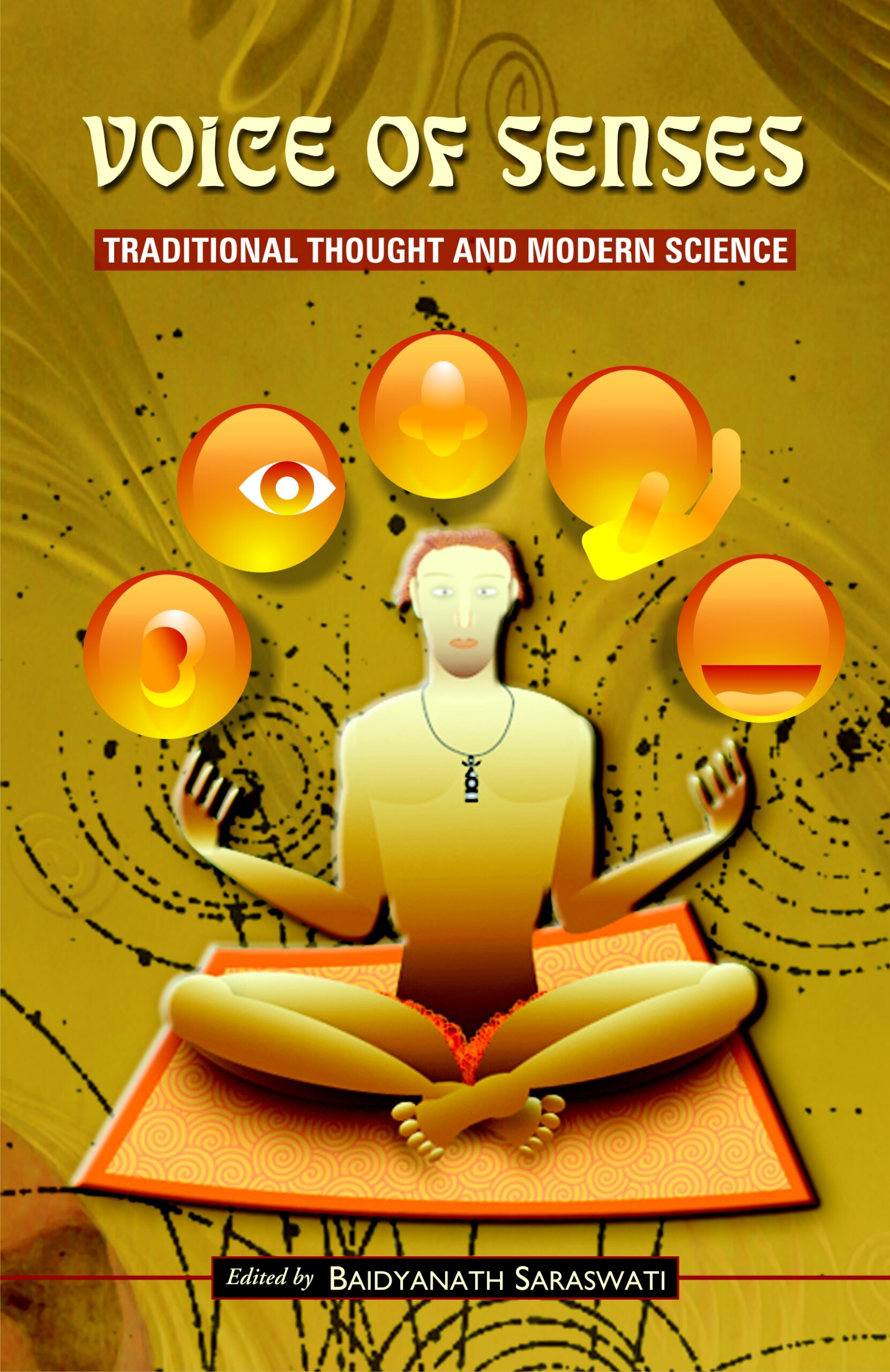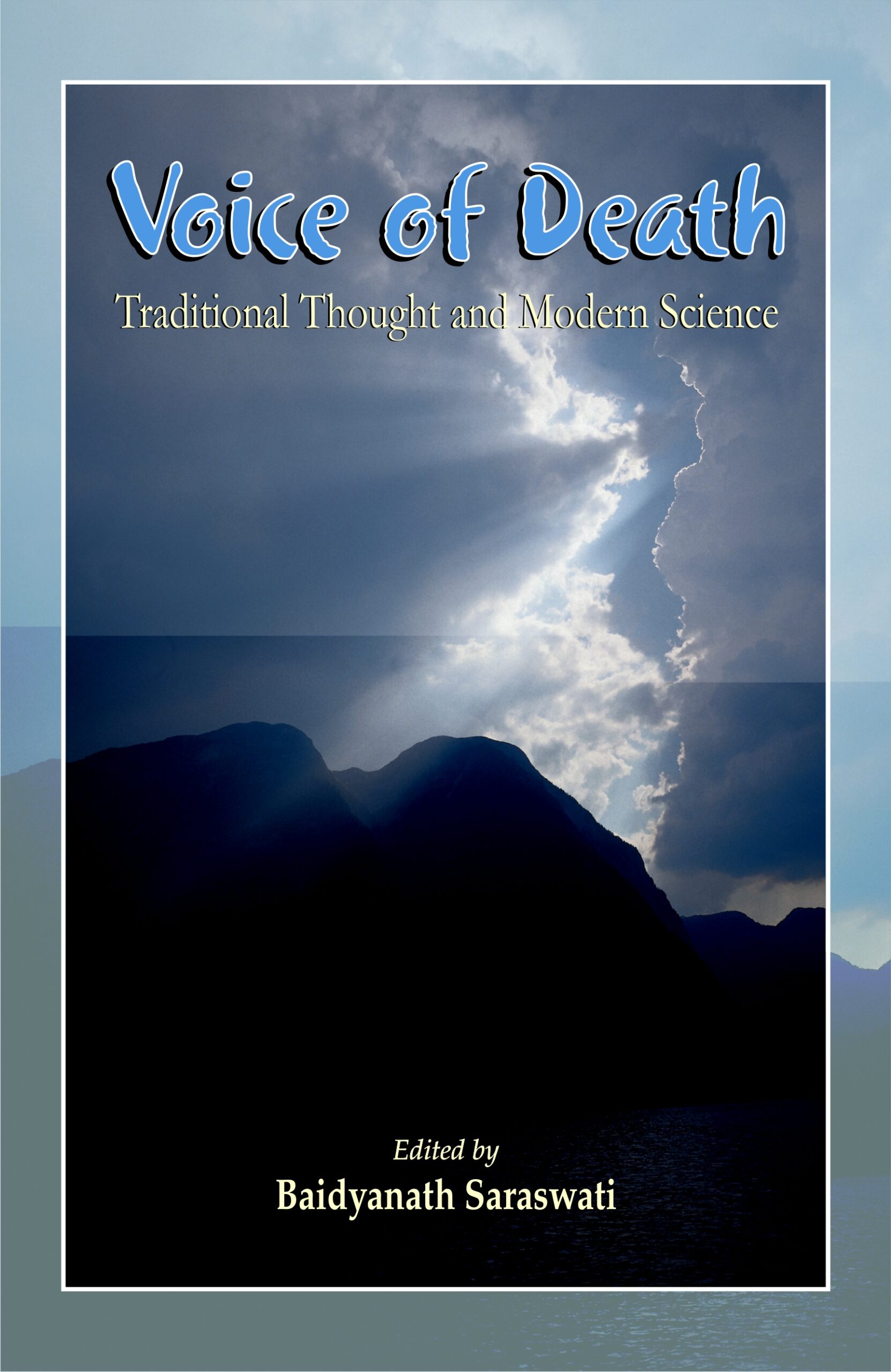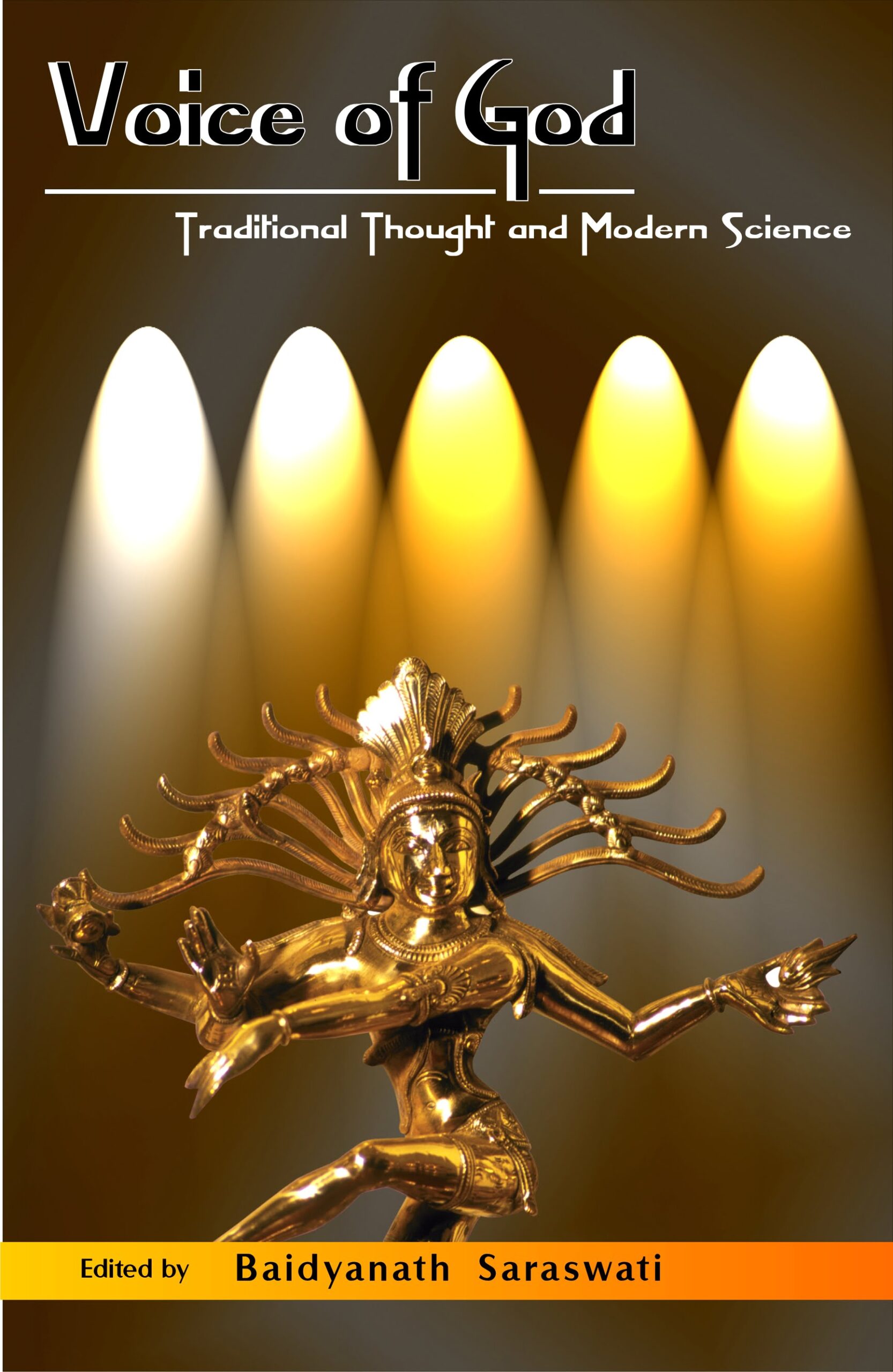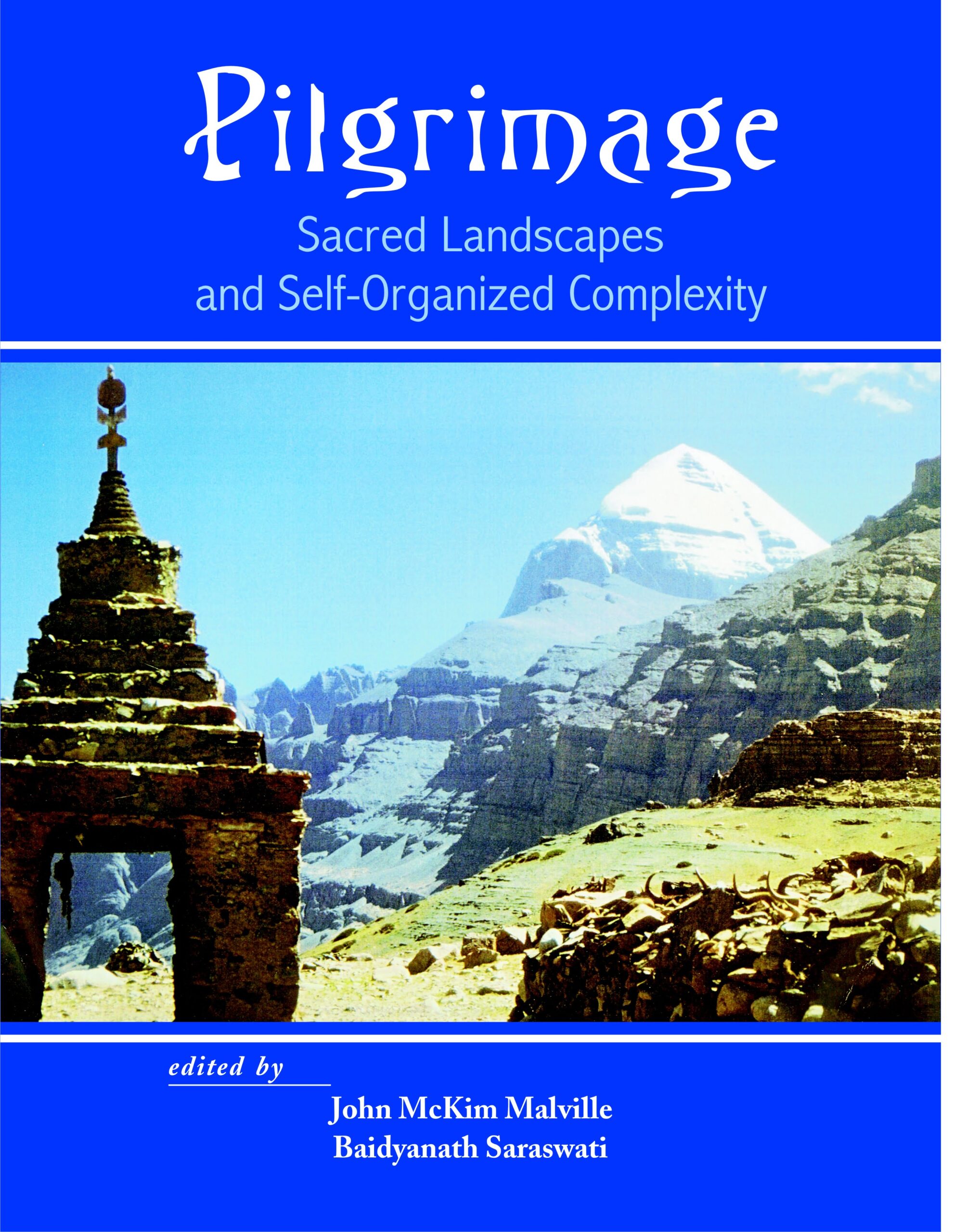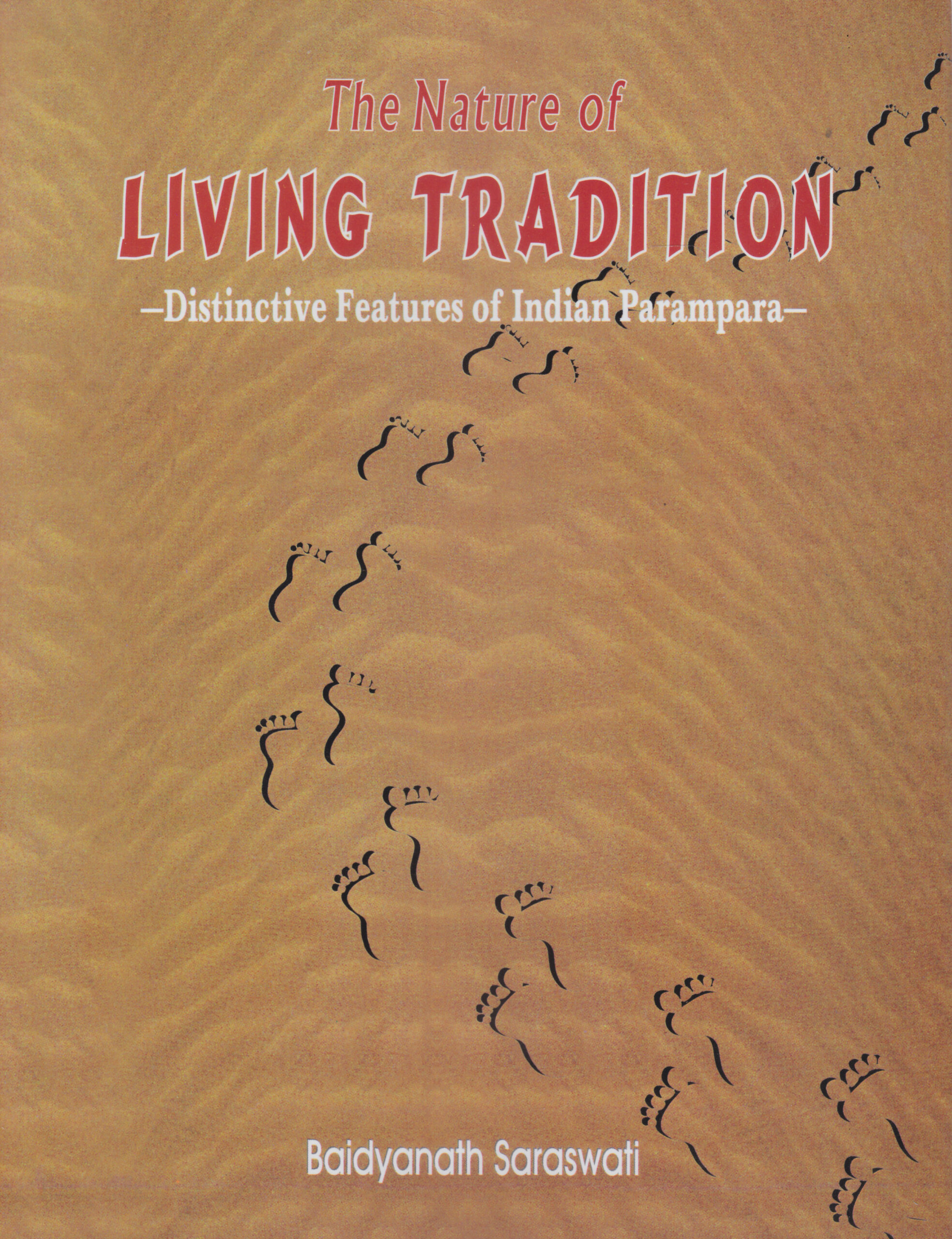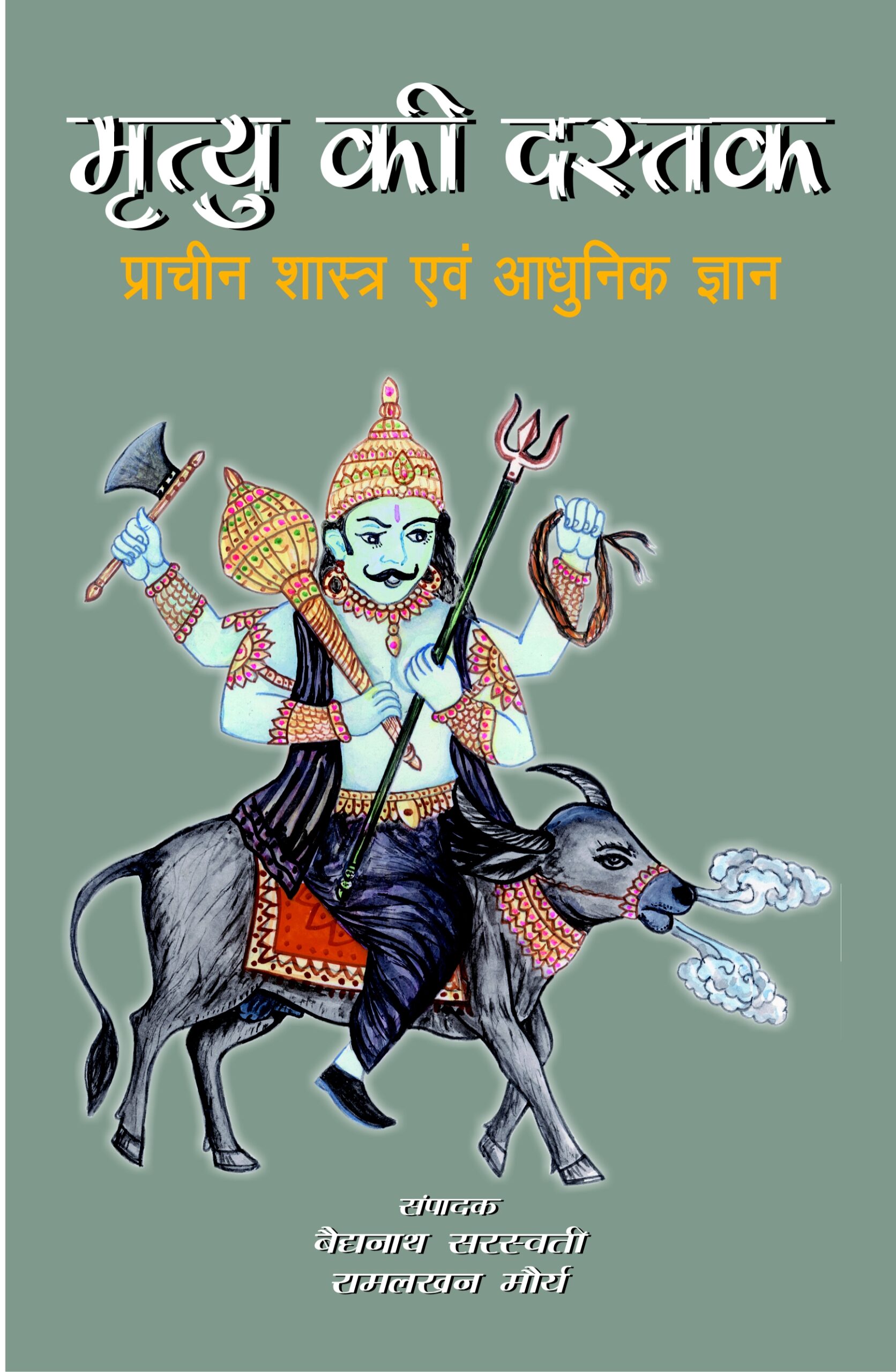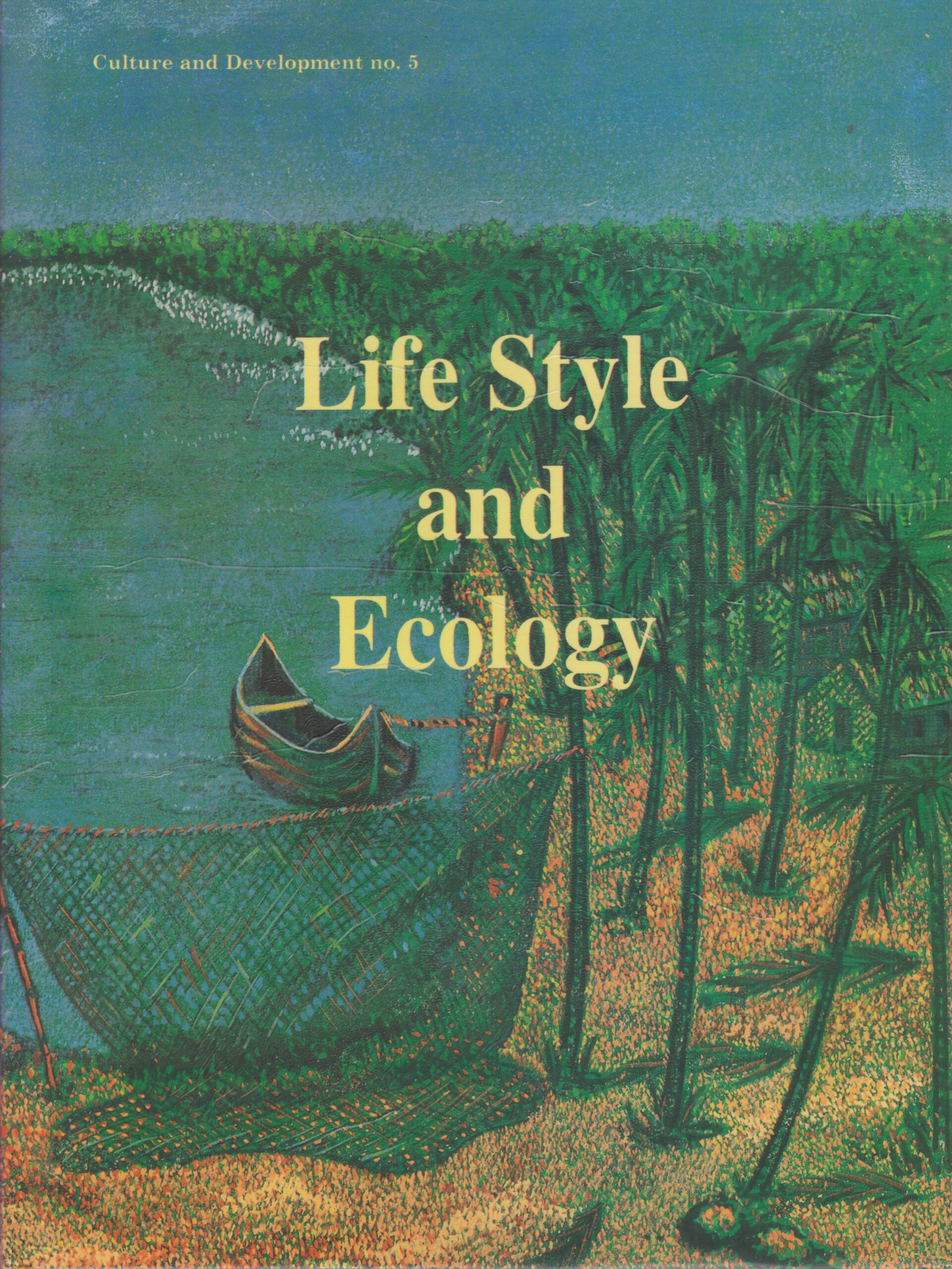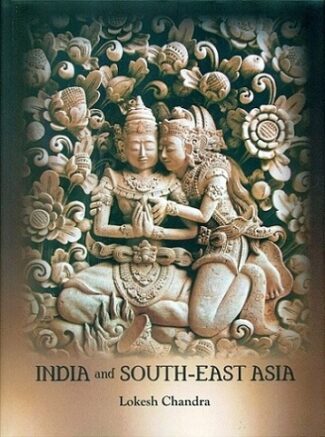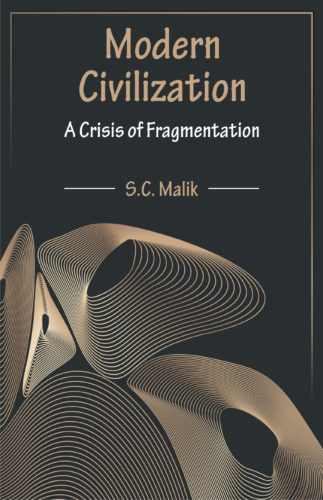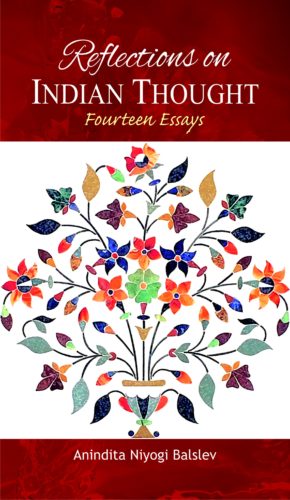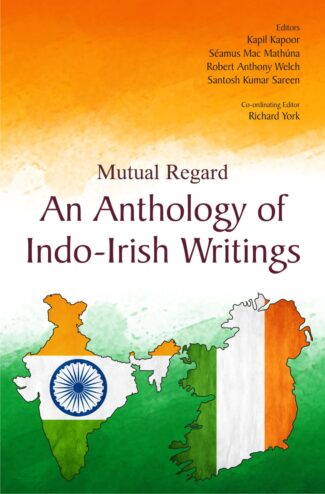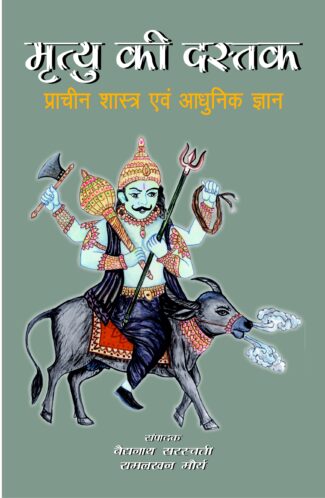

Mrtyu Ki Dastak...
Mrtyu Ki Dastak
Prachin Sastra evam Adhunik Gyan by: Baidyanath SaraswatiMany learned people, from various sects, have written about death and soul. Ceremonies, after death, for honouring the dead, especially in Hindu religion have been dealt chronologically. Also the importance of cloning after death and its resultant impact on society has been discussed.
₹300.00 Original price was: ₹300.00.₹270.00Current price is: ₹270.00.
ISBN: 9788124603147
Year Of Publication: 2005
Edition: 1st
Pages : vii, 208
Bibliographic Details : Index
Language : Hindi
Binding : Hardcover
Publisher: D.K. Printworld Pvt. Ltd.
Size: 23 cm.
Weight: 500
Many learned people, from various sects, have written about death and soul. Ceremonies, after death, for honouring the dead, especially in Hindu religion have been dealt chronologically. Also the importance of cloning after death and its resultant impact on society has been discussed.
- Sale!India and South-East Asia by: Lokesh Chandra
₹3,600.00Original price was: ₹3,600.00.₹3,240.00Current price is: ₹3,240.00.The South-East is a cultural perspective aptly named agneyi the direction of the God Agni. It is reflected even in the Sino-Japanese Mahakarunagarbha mandala of the 8th century where Agni is surrounded by sages: Angiras with his consort Gautami and Atreya with his consort Bhrgvi. In the Pao-hsiang Lou pantheon Agni is surrounded by eight rsi’s Angiras, Vasistha, Garga, Markandeya, Gautama, Kasyapa, Shan-ch’eng-ming-yang and Su-chi-i (the Sanskrit names of the last two have to yet to be found). In Indic terms, the conceptual space of SE Asia endows it with the serenity of the mind, the grandeur of structures, the profundity of expression derived from Sanskrit. The SE is the mind ground of the sages, the rishis, and as such the marvellous manifestation of the Hindu-Buddhist genius. This book chronicles the dynamism, the fire, the Agni of the Agneya (SE) direction across the past that shades into the present with tomorrows inside.
- Sale!Modern Civilization by:
₹800.00Original price was: ₹800.00.₹720.00Current price is: ₹720.00.The crisis of the age inheres in this, that notwithstanding the century’s mind-numbing disasters, it persists in subscribing to propositions which have logically led to the atomization of the whole cloth of human experiencing, and being. Great indeed is the value which is placed on the procedure of analytic dismemberment. While the method has certainly been result-producing, materially, in its wake it has brought immense suffering – both physical and spiritual. The price paid for a lopsided advance is thirty major wars – with their toll of one hundred and thirty million lives, and the irreparable destruction of the natural environment. The time demands a reappraisal of the basic paradigms of human existence, but the hegemony of well-entrenched vested interests – material or intellectual – would seem to preclude this.
The “advanced” people among the mankind of the day become suicidally specialized. For, if the mechanical model of thought has been of advantage in man’s preceding unfolding, the same, what may be called the “survival” paradigm, now creates dangerous dualities, binary oppositions (you–me, body–mind, East–West, etc). The model has outlived its usefulness merely enforcing dormancy on a major part of the human brain.
It behoves mankind to choose wisely right now – since parallel to the socio-economic, scientific and technological revolutions there has got to be the overdue radical psychic transformation. The first step towards clearing the fateful crisis would therefore be to be aware and end the hold of the linear, causal, mechanical thought orientation over the intellectual culture of the times.
Delving deep into the epistemological cum ontological causation of the emergency confronting the being and becoming of man, this volume provokes the thoughtful lay reader to a serious engagement with his or her self. - Sale!Reflections on Indian Thought by:
₹850.00Original price was: ₹850.00.₹765.00Current price is: ₹765.00.This anthology, consisting of fourteen essays, deals with a variety of themes that are of central importance for an authentic appreciation of the philosophical core of the Indian culture. The readers will find here illuminating discussions on various issues that bear witness to the critical thinking and deep reflection on the part of the author that have enabled her to carefully expose the subtle internal divergences that nourish the Indian conceptual world.
Based on arduous and painstaking research, these essays focus on a range of topics. There are several essays on multiple aspects of the large themes of time and consciousness, penetrating analysis showing how in the ancient discourse ideas of klesha (affliction), abhyasa (practice) and karuna (compassion) as well as on women and values are dealt with. There are also deliberations on the themes of religious diversity and the need for an encounter of world religions along with the attempt to explore India’s self-image. All these have contemporary relevance, as these essays clearly bring out the distinctive character of a living culture. - Sale!Apsarases in Indian Literature and the Legend of Urvasi and Pururavas by: Krishna Kanta Handique
₹350.00Original price was: ₹350.00.₹315.00Current price is: ₹315.00.Indian literature abounds in a variety of myths and legends narrating allegorical/historical stories with moral teachings where celestial or semi-celestial beings, in particular the apsarases, occupy an important place. Of such legends, a few have become much popular and they reappear in the course of the history of literature at various stages. One such legend is that of Urvashi and Pururavas which is one of the most ancient legends of India, owing its origin to the Rigveda. This scholarly work, based on extensive original sources primary, comprising ancient Sanskrit texts, commentaries and glosses and modern literary pieces, kavyas and plays, as well as critical writings on these original works, studies the origin and development of the institution of apsarases and their characteristics as described in the vast corpus of Vedic, Epic-Puranic and classical works. In this context, it undertakes an interesting survey of the concept of nymphs (apsarases) in Indo-European, especially Greek mythology. Dr. Handique then thoroughly examines the depiction of the legend of Urvashi and Pururavas a favourite theme that has been immortalised in literary masterpieces in Indian literature as a whole: from the ancient Vedas and Puranas, the Harivamsha and Vikramorvashiyam to modern works like Urvashi Janani and Abhishapta Urvashi and stray poetic pieces. Presenting a new angle to the study, the book attempts to explore aspects of an age old tradition that bears close affinity with the institution of the apsarases in terms of mode of living worship and ideals like system of the devadasis. The book will prove invaluable to scholars of Indian mythology, culture and literature as well as interest general readers of ancient India’s legends and tales.
- Sale!Mutual Regards by: Kapil Kapoor
₹2,900.00Original price was: ₹2,900.00.₹2,610.00Current price is: ₹2,610.00.This is an anthology of parallel texts from the Irish and Indian intellectual traditions ranging over what scholars have said about the two countries histories of turmoil, their philosophies of mind and being, their myths and fantasies, their contemplative imagination as expressed in their lyrical poetry, their learning in medicine, history, linguistics and poetics, the records left about them by Irishmen who came to India and by Indians who went to Ireland, and the contemporary engagements between the two countries.
The volume shows that, despite major differences between the two countries, contacts and similarities between them have been substantial. The recorded testimonies of Irish people and Indians who have visited the respective countries demonstrate that in both cases the experience has been a warm and encouraging one, which has led the visitor to become more aware of what is meant by nationality, what he or she has acquired from his or her country of origin and what he or she has gained by contact with another society and another culture. That the two appear to share the same spirit of the self is attested by the fact that they both end up in the twentieth century, by coincidence or destiny, with the symbolism in their flags of the same three colours orange, white, and green.




